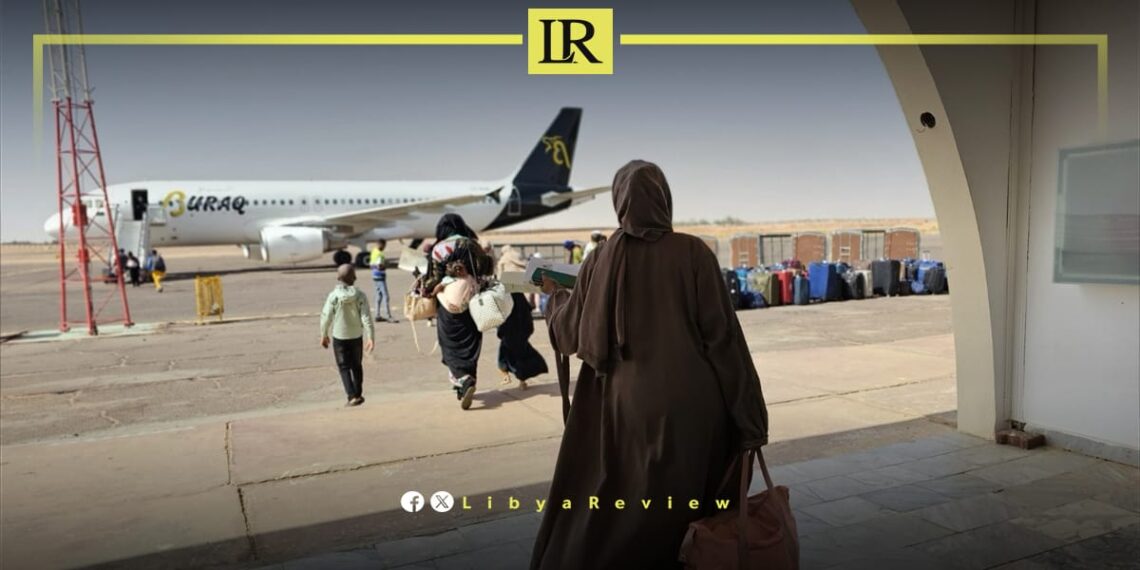The International Organization for Migration (IOM) has successfully facilitated the safe voluntary return of 180 Malian nationals from Libya, offering them a dignified pathway back to their country. The flights, which departed from Sabha and Tripoli, were conducted under the IOM’s Voluntary Humanitarian Return (VHR) programme, with financial and logistical support from the European Union.
According to IOM Libya, the returnees received comprehensive assistance before their departure. This included health screenings, protection services, counselling, and transport support to ensure that the process respected both safety and dignity. The initiative was designed to provide migrants with the opportunity to return home voluntarily, rather than risk remaining in precarious conditions or attempting dangerous journeys across the Mediterranean.
The VHR programme plays a vital role in supporting migrants stranded in Libya, a country that has become both a transit and host state for tens of thousands of migrants seeking work or passage to Europe. Many face detention, exploitation, and harsh living conditions, prompting the need for humanitarian solutions.
IOM stressed that reintegration support in Mali is an essential component of the process. Upon arrival, the returnees are offered assistance to rebuild their lives, including access to vocational training, small business support, and social reintegration programmes. This comprehensive approach helps reduce the likelihood of repeated irregular migration while strengthening the resilience of returnees and their communities.
The operation highlights ongoing cooperation between international organisations, the Libyan authorities, and the European Union in addressing migration challenges. It also underlines the importance of offering humane alternatives to forced returns or irregular crossings.
Through initiatives such as this, IOM continues to promote safe, voluntary, and dignified migration management, ensuring that vulnerable groups receive the support they need while easing pressure on transit countries like Libya.


